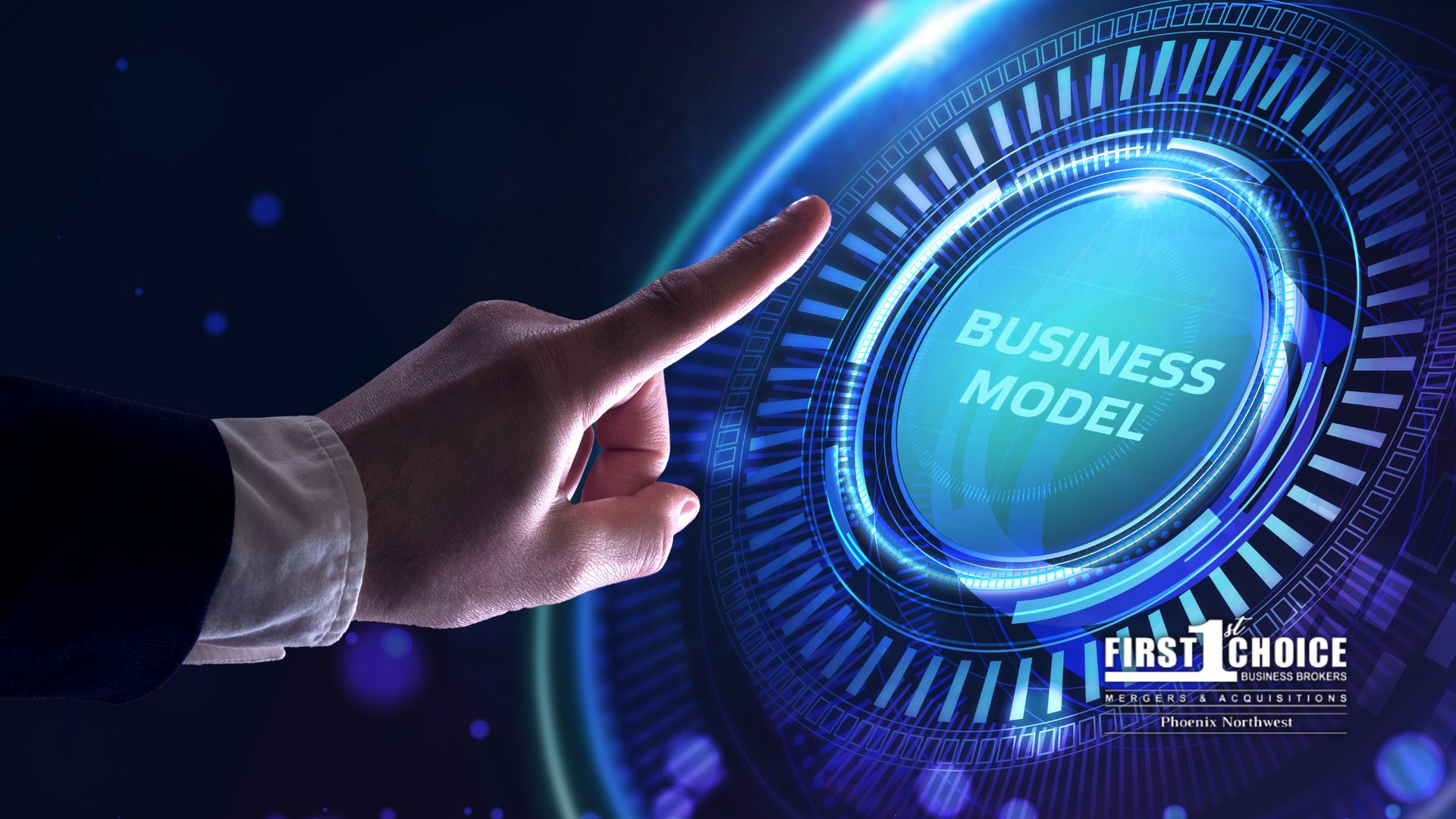Building a Resilient Business Model for Enduring Success
In today's competitive environment, building a resilient business model is pivotal for long-term success. As market forces, technological innovations, and consumer trends rapidly evolve, the foundation of your business model will determine your capacity to adapt and flourish. Drawing on my experience as a business broker, I've witnessed firsthand how companies that embrace resilience not only endure but thrive over the long haul. This blog will delve into the essential elements of a resilient business model, offering practical insights and examples to guide you in designing a strategy that fosters sustained growth and adaptability. Let's explore the key aspects that contribute to a robust business model and how you can align your own for lasting success.
Key Takeaways
- Understanding Resilience: It enables adaptation to market changes and reduces dependence on single revenue streams to maintain growth and profitability.
- Staying Agile: Essential for businesses to quickly respond to changes and leverage opportunities, as demonstrated during the shift to digital platforms by many companies during the COVID-19 pandemic
- Sustainability and Ethical Practices: Integrating sustainable and ethical practices not only improves brand reputation but also enhances stakeholder relationships while fostering long-term success
- Long-Term Planning: Guides strategic decision-making and allows businesses to adapt to external changes while pursuing their core objectives
- Evaluating Current Models for Improvement:
Regular assessment of business operations is crucial for identifying weaknesses and opportunities for improvement to ensure sustained growth and resilience
Unveiling the Secrets to a Resilient Business Model
A resilient business model is structured to withstand disruptions while maintaining growth and profitability. It involves establishing a framework that enables a company to adapt to changes in the market, technology, and consumer behavior without compromising its core value proposition. As an experienced business broker, I have observed that organizations prioritizing resilience early in their development are better equipped to navigate unforeseen challenges. For instance, businesses that diversified their revenue streams were less impacted by market downturns, as they were not overly dependent on a single income source.
Consider the case of a small retail enterprise that initially relied solely on in-store sales. In response to the evolving consumer preference toward online shopping, this business transitioned by enhancing its e-commerce capabilities. By integrating an online platform with digital marketing efforts, the company not only compensated for decreased in-store purchases but also expanded its reach, establishing new market avenues. This proactive approach reflects the essence of a resilient business model - the ability to anticipate and adapt to market shifts, whether short-term disruptions or long-term changes in consumer behavior, to maintain a competitive edge.
Agility: The Cornerstone of a Resilient Business Model
The essence of resilience is the capacity to adapt and seize opportunities amidst change. This agility empowers organizations to harness new technologies, venture into diverse markets, and refine product offerings, thereby navigating uncertainty with confidence. During the COVID-19 pandemic, for instance, numerous traditional businesses promptly adopted digital solutions to deliver services online, preserving customer engagement despite physical constraints.
To cultivate this agility, companies must consistently monitor market trends and customer feedback. This enables them to identify innovative prospects and adapt strategies as needed, ensuring they remain competitive.
Embracing Sustainable and Ethical Business Practices
Agility is important, but resilience is deeply rooted in adopting sustainable and ethical business practices. Prioritizing efficient resource management, fostering a positive workplace, and maintaining integrity are essential elements. Organizations that commit to sustainable operations often see both cost savings and improved relationships with customers and stakeholders who value ethical behavior.
To effectively implement sustainable initiatives, it is crucial to conduct a thorough evaluation of your business operations. This should include assessing your supply chain logistics, energy usage, and employee well-being. Actions such as minimizing waste or ensuring fair labor practices not only contribute to long-term savings but also enhance the company’s reputation in the marketplace.
Crafting a Vision for the Long Run
Having a clear long-term vision is integral to creating a resilient business model. This vision should guide strategic decisions while supporting sustainable growth and must be flexible enough to adapt to changes in the external environment. Whether a business is aiming for market expansion or innovative product development, a well-articulated vision enables the organization to pivot while staying true to its core mission.
Consider a technology startup with aspirations of becoming a leader in green technology over the next ten years. By consistently investing in research and development and prioritizing eco-friendly practices, the company can achieve its vision while positioning itself as a frontrunner, drawing in customers and investors who prioritize sustainability.
Final Thoughts
Building a resilient business model is crucial for achieving long-term success in today’s ever-changing market landscape. By recognizing the key components of resilience—such as agility, sustainability, and a long-term vision—you can create a business that not only endures but flourishes amidst challenges. As a business broker, I am here to assist you in formulating a strategy that aligns with your objectives and secures your business's ongoing success. Begin by evaluating your current model, identifying opportunities for enhancement, and positioning your venture on a pathway towards sustainable growth and resilience.
FAQ
What are the key elements of a resilient business model?
A resilient business model includes adaptability, sustainable practices, diversified revenue streams, and a clear long-term vision that allows for flexibility and growth.
How can I improve my business's agility?
To improve agility, stay informed about market trends, be open to innovation, and regularly reassess your business strategies. Incorporating customer feedback and being willing to pivot when necessary are also crucial.
Why is a long-term vision crucial for resilience?
A long-term vision provides direction and helps align your business strategies with sustainable growth objectives. It ensures that your business can adapt to changes while staying focused on overarching goals.
Get in Touch:
First Choice Business Brokerage Phoenix
📍 21640 N 19th Ave Suite C9, Phoenix, AZ 85027
📞 (623) 888-6190
Recent articles for you





